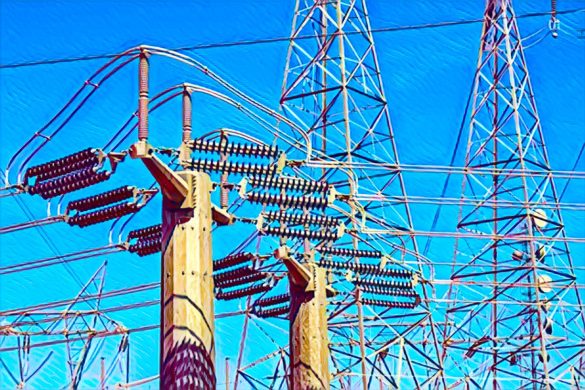KEY POINTS
- New Hampshire Capital announced new MAP prepaid meter prices for Ikeja Electric: ₦124,000 for single-phase, ₦215,000 for three-phase, inclusive of installation.
- Prices are valid from August 6 to October 6, 2025, as part of efforts to reduce Nigeria’s huge metering gap.
- The firm has already installed over 190,000 prepaid meters with Ikeja Electric and promises durable meters, reliable installation, and post-installation support.
New Hampshire Capital, one of Nigeria’s leading Meter Asset Providers, has rolled out fresh pricing for prepaid meters under the federal government’s Meter Asset Provider (MAP) scheme with Ikeja Electric.
In a statement released over the weekend, the company pegged its single-phase meter at ₦124,000 and the three-phase unit at ₦215,000.
Both prices cover installation costs, a detail the firm says is meant to boost transparency and affordability for households and businesses still relying on estimated billing.
Meters priced at ₦124,000 and ₦215,000 will remain valid until October 6
The new prices, effective from August 6 through October 6, 2025, are part of a wider push to tackle Nigeria’s chronic metering deficit.
According to the Chief Operations Officer of New Hampshire Capital, Oluwakemi Omirin, the initiative reflects the company’s broader mission to “empower consumers with the tools they need to manage their electricity usage effectively.”
So far, New Hampshire has financed and deployed more than 190,000 prepaid meters for Ikeja Electric customers, building a reputation for what Omirin describes as “durability, accuracy, and trust.” The prepaid devices not only provide consumers with a dependable way to monitor electricity consumption but also promise relief from the long-running disputes over estimated billing.
The company encouraged customers seeking meters to visit Ikeja Electric’s website to complete procurement steps under the MAP framework. Beyond deployment, New Hampshire stressed that it also offers post-installation support and maintenance, with trained installers and engineers ensuring what it called “prompt and correct meter deployment.”
With Nigeria’s metering shortfall estimated in the millions, energy providers have increasingly leaned on private Meter Asset Providers to bridge the gap—though affordability remains a pressing concern for many customers.



